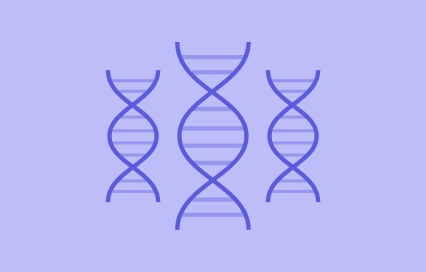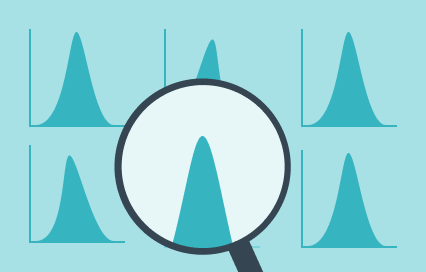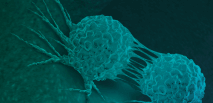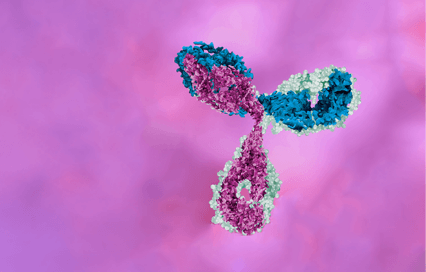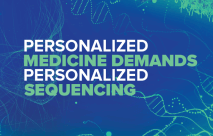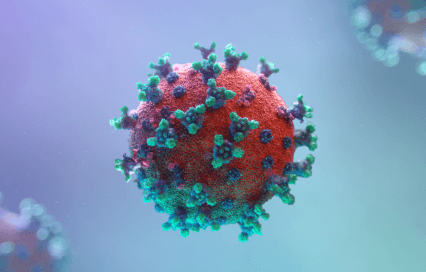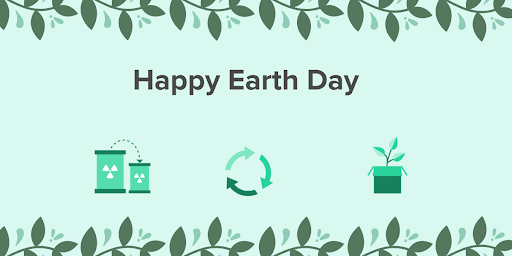
Twist is a collective of passionate people building a more sustainable and healthy world. We take pride in the ways that we’re reducing our chemical footprint, from our synthetic DNA synthesis platform, to the way we reduce the impact on the environment for our customers, as well as our recycling and education initiatives.
This Earth Day, we’re sharing some ways that we’re working to build a better future for our team, our community and our world.
Engineering Nature to Benefit Society
Our world is facing large and complex problems in sustainability, food security and health. Synthetic DNA is an important key to unlocking solutions to these pressing global issues.
For example, engineered yeast, bacteria or algae can be used to produce chemicals and make materials manufacturing less reliant on gas and oil. Synthetic DNA can also provide sustainable solutions in health and food, by engineering bacteria to deliver nitrogen to the roots of plants to reduce reliance on fertilizers; and by making insulin from engineered yeast or bacteria, instead of extracting it from the pancreases of pigs and cows. By writing synthetic DNA instead of mining natural resources, we can reconcile the creature comforts of human civilization with the natural world.
Sustainability Starts with Our Platform
The common approach to DNA synthesis uses a 96-well plate to synthesize (or “write”) one oligo (a short strand of DNA) in each well. At Twist, we use a silicon chip that contains over 1 million nanometer-scale devices and can synthesize over 1 million oligos at once. To do this, we’ve miniaturized the chemical reaction of synthesizing DNA. This enables us to use 99,8% less chemical reagents than approaches that use a 96-well plate. Our approach also does not produce excess oligos, completely removing oligo waste from the process.
Our platform provides our customers with a sustainable way to design, build, test, and commercialize future therapeutics, diagnostic tests, agricultural products, materials, biobased chemicals and data storage solutions.
Reducing Landfill Waste
To protect our scientists and products, our team members working in our labs wear single-use nitrile gloves. To reduce the extra waste this produces, we partnered with RightCycle by Kimberly-Clark Professional in January 2019 and launched a program to recycle gloves used in our labs. Since starting the program, we have recycled over 6,68 tons of gloves and are excited to share that Twist is a recipient of this year’s Kimberly-Clark Greenovation Award for diverting over 3,2 tons of gloves away from landfills in 2021.
Now, we’re expanding our recycling initiative to include single-use plastics. We’ve started programs to recycle used personal protective equipment and plastic pipette tip boxes, and are also looking into ways that we can expand our program even further to include used scientific plastics, such as plates, tips and tubes.
Raising Awareness
Turning the lights off for just one hour can save considerable energy. Between April 21 and 22 our sites in the US and Asia will turn off all nonessential lights for one hour to reduce our energy usage and to raise awareness among our team of the ways that small acts of conservation can make a big impact on sustainability.
Educating our Community
Twist is participating in the Bay Area Science Festival to educate our community about the ways that synthetic DNA can help conserve biodiversity in nature. Certain plants are harvested to have their molecules and dyes extracted and used to make products such as eucalyptus, which is used to make scents and pharmaceuticals. By using synthetic biology to create these dyes and molecules, plants no longer need to be harvested and destroyed.
We’ll be leading a guided walk through San Bruno Mountain State and County Park where we will identify some of the plants that are often destroyed for their molecules and dyes as well as other native and non-native plants in the area.
Join us from 8:30 AM - 12:00 PM PT on April 23 at San Bruno Mountain State and County Park to learn more about how synthetic biology can help conserve biodiversity.
¿Qué piensa?
Me gusta
No me gusta
Me encanta
Me asombra
Me interesa
